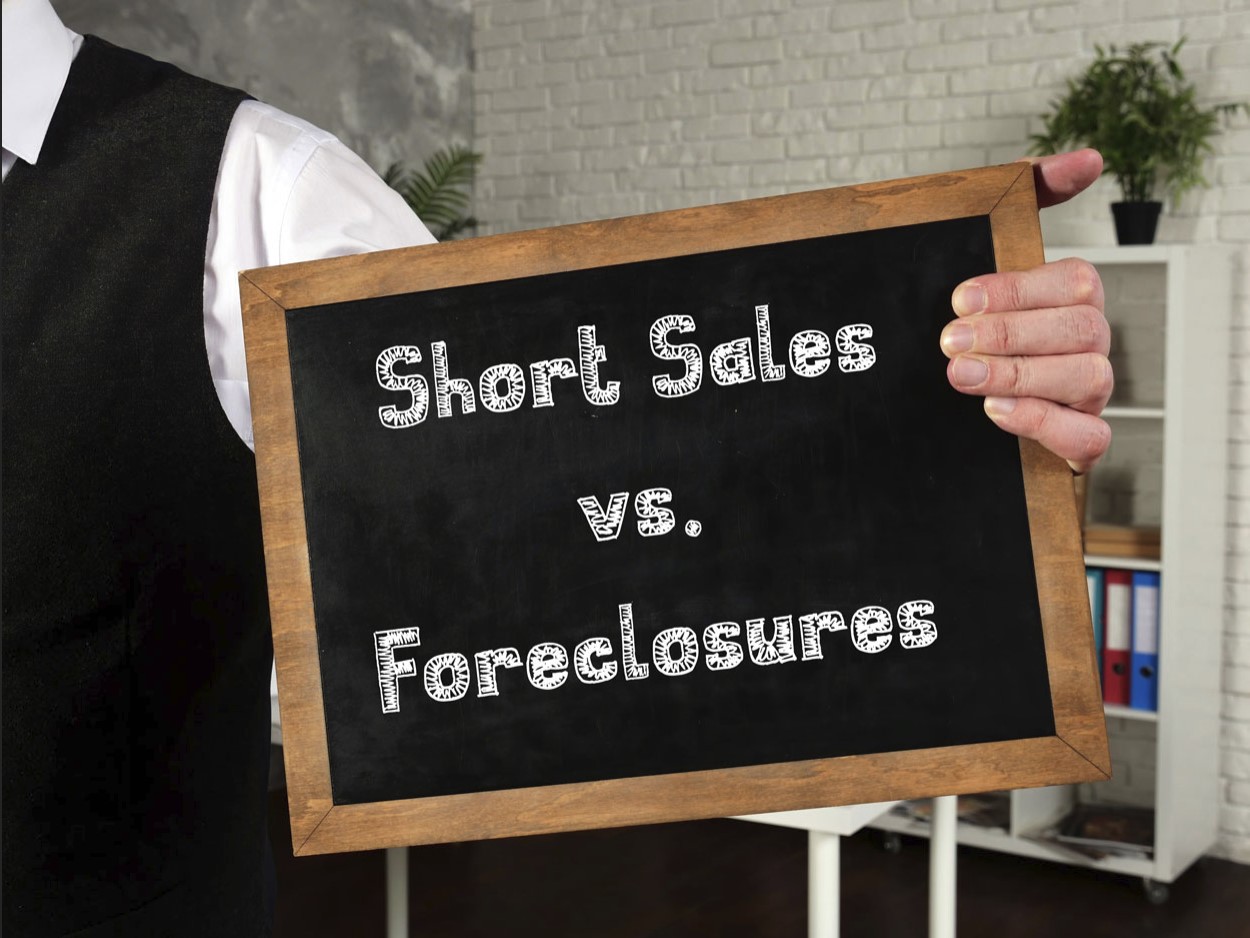Foreclosure vs. Short Sale: Understanding Your Best Option
Introduction:
Facing financial challenges with your property can be overwhelming. If you’re behind on payments, you may have heard terms like “foreclosure” and “short sale” thrown around. But what do they mean, and how do they affect your future? Knowing the difference between the two is essential to making an informed decision that protects your financial and personal well-being.
What Is Foreclosure?
Foreclosure is a legal process initiated by your lender when you’ve stopped making mortgage payments. Here’s what happens:
- Your lender takes legal action to repossess your home.
- Once the foreclosure process is complete, the property is sold at auction or listed for sale to recover the remaining loan balance.
Key Impacts of Foreclosure:
- Credit Score Damage: Foreclosures remain on your credit report for up to 7 years and can significantly lower your score.
- Loss of Home: You’ll lose ownership of the property and may be forced to leave quickly.
- Deficiency Judgments: In some cases, you may still owe the lender money if the home sells for less than the loan balance.
What Is a Short Sale?
A short sale occurs when you sell your home for less than the amount owed on the mortgage, with your lender’s approval. While it still involves financial challenges, a short sale can be a more proactive alternative.
Key Benefits of a Short Sale:
- Less Credit Impact: Short sales usually affect your credit less severely than foreclosures.
- Greater Control: You have a say in the sale process, including (with limitations) setting the price and negotiating terms.
- Avoiding Deficiency Judgments: In many cases, lenders agree to forgive the remaining debt, though this isn’t guaranteed.

Which Option Is Right for You?
Choosing between foreclosure and a short sale depends on your situation:
- If you want to avoid foreclosure’s lasting effects and have time to act, a short sale may be the better choice.
- If time is running out or other options aren’t feasible, foreclosure may be the unavoidable next step.
Important Note: Always consult with a trusted real estate professional, attorney, or financial advisor before making decisions about your property.
How I Can Help
Navigating these options can feel overwhelming, but you don’t have to face it alone. I’ve helped homeowners explore their options, negotiate with lenders, and find solutions that minimize financial and emotional stress.
If you’re unsure what path to take, let’s talk and together, we’ll find the best solution for you.
Conclusion:
Facing foreclosure or considering a short sale is never easy, but understanding your options can empower you to take control of the situation. Remember, you don’t have to go through this alone—help is available.


 Facebook
Facebook
 X
X
 Pinterest
Pinterest
 Copy Link
Copy Link